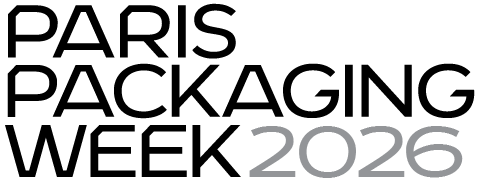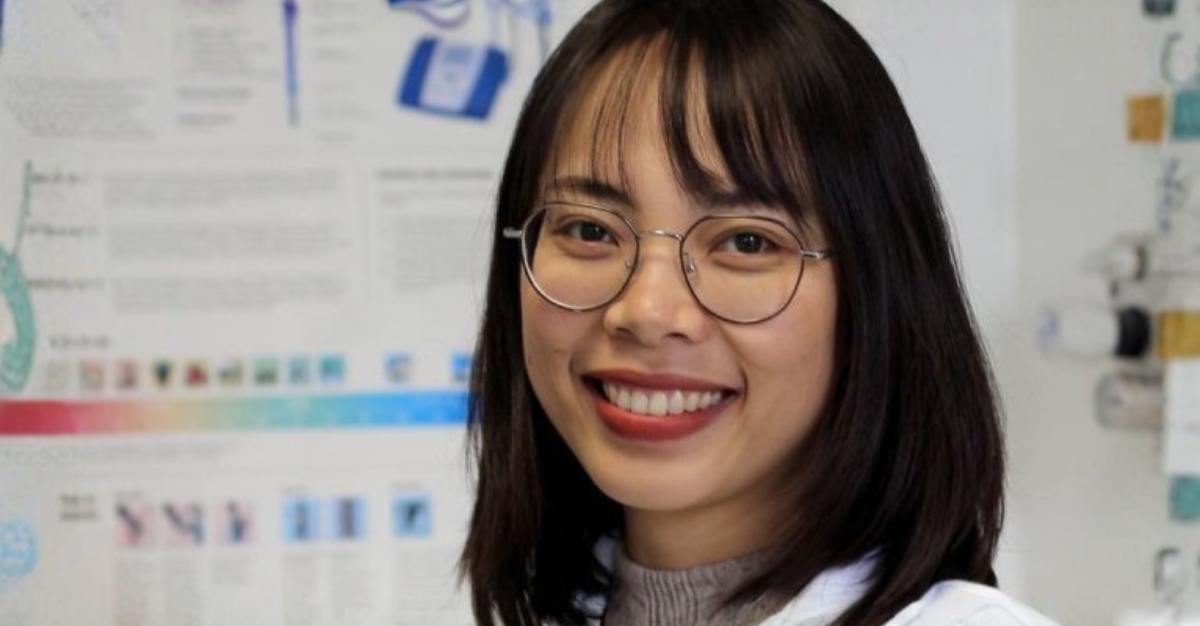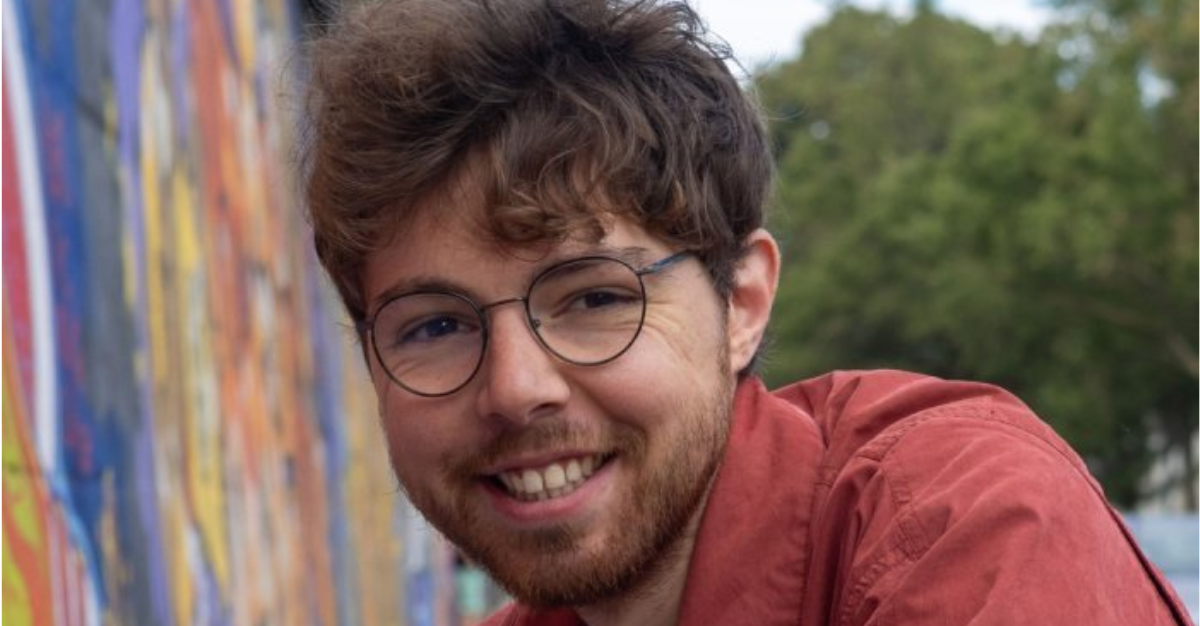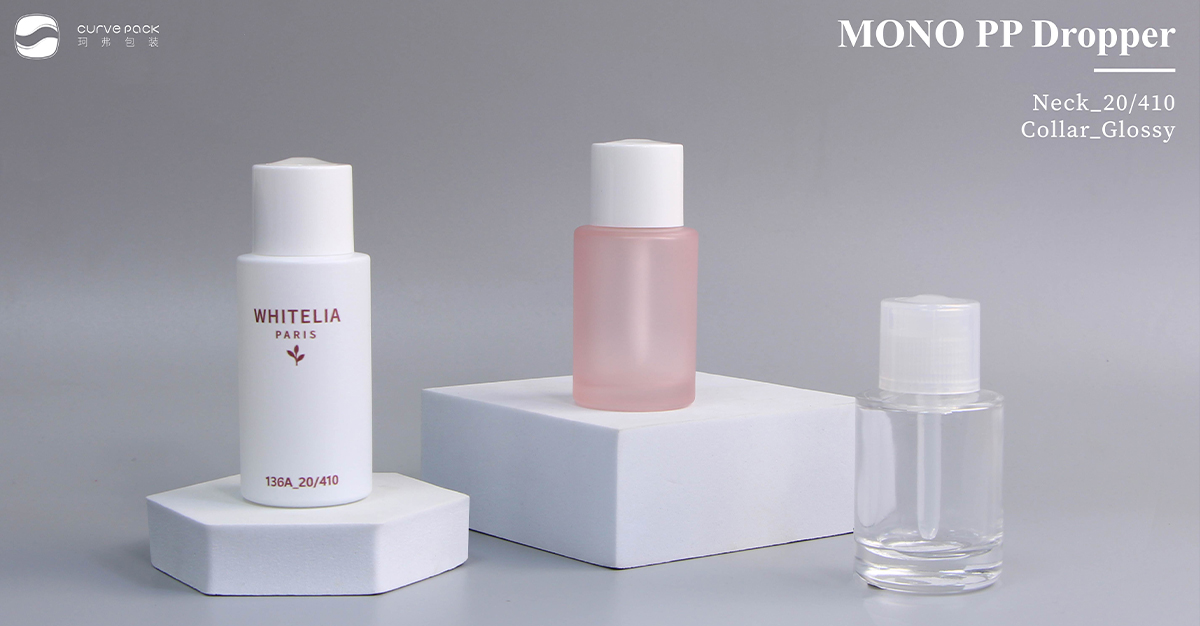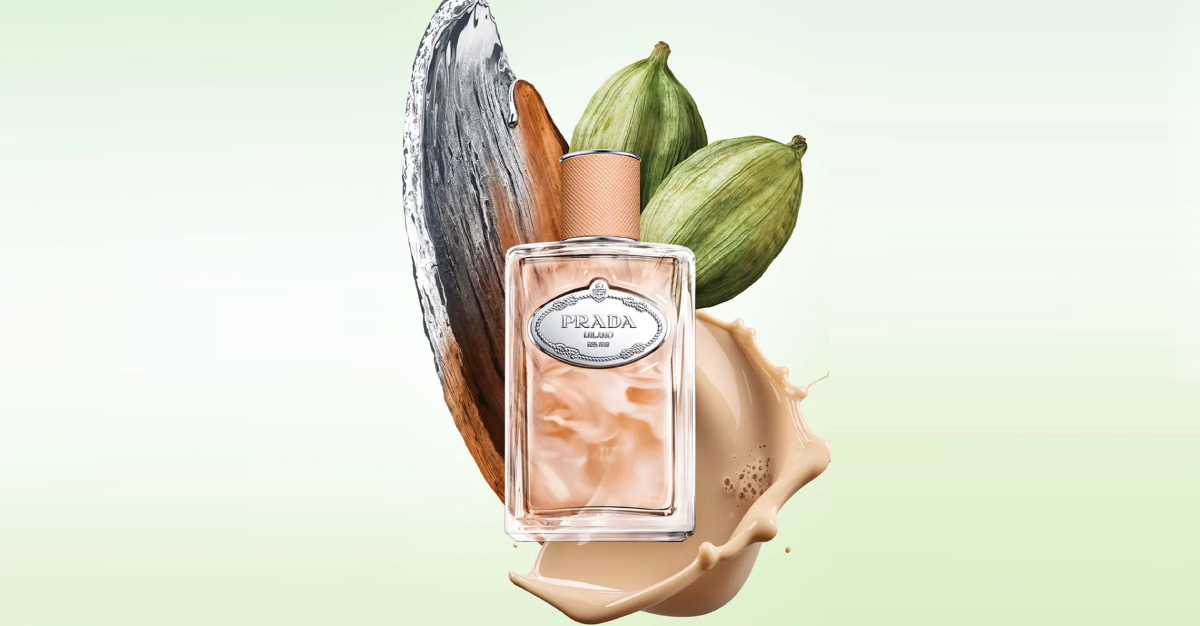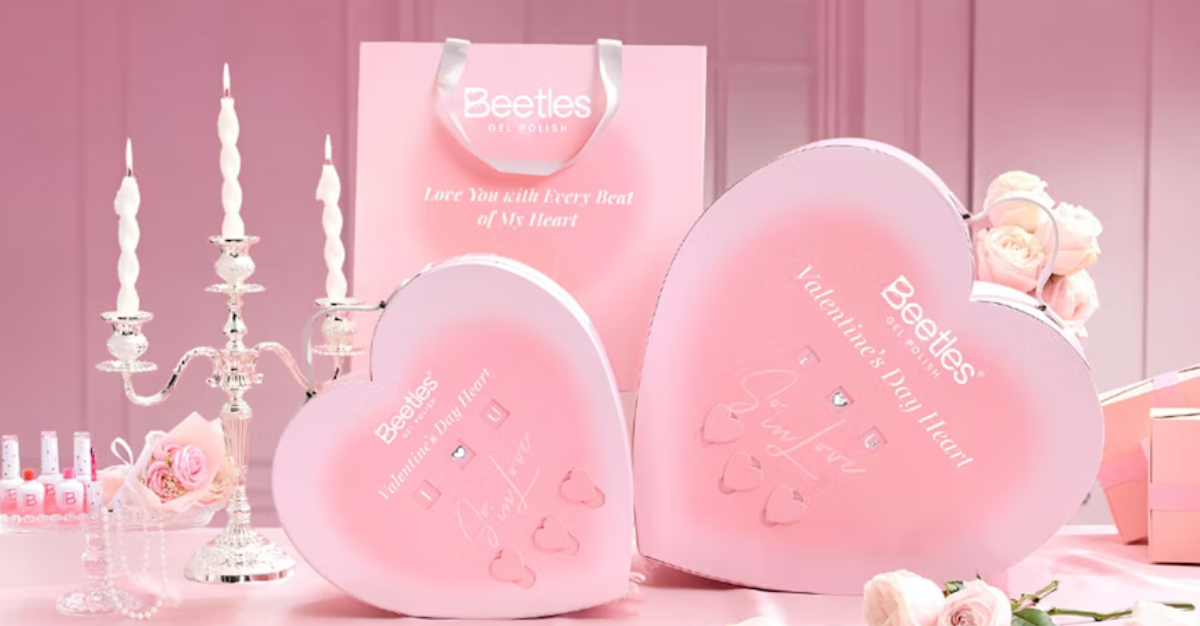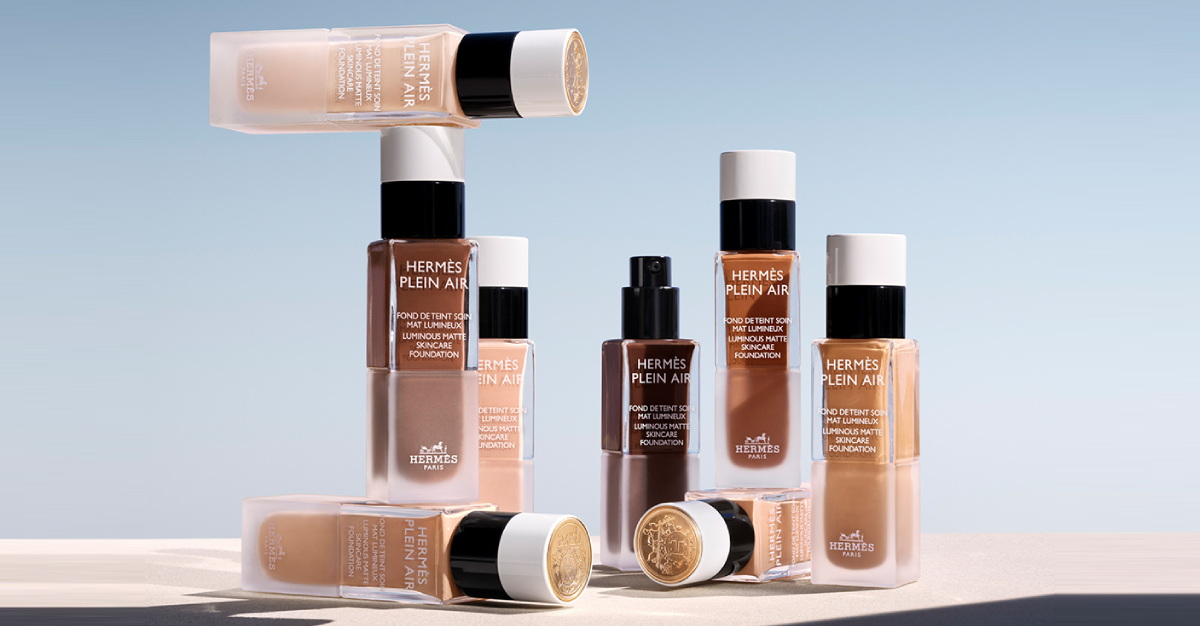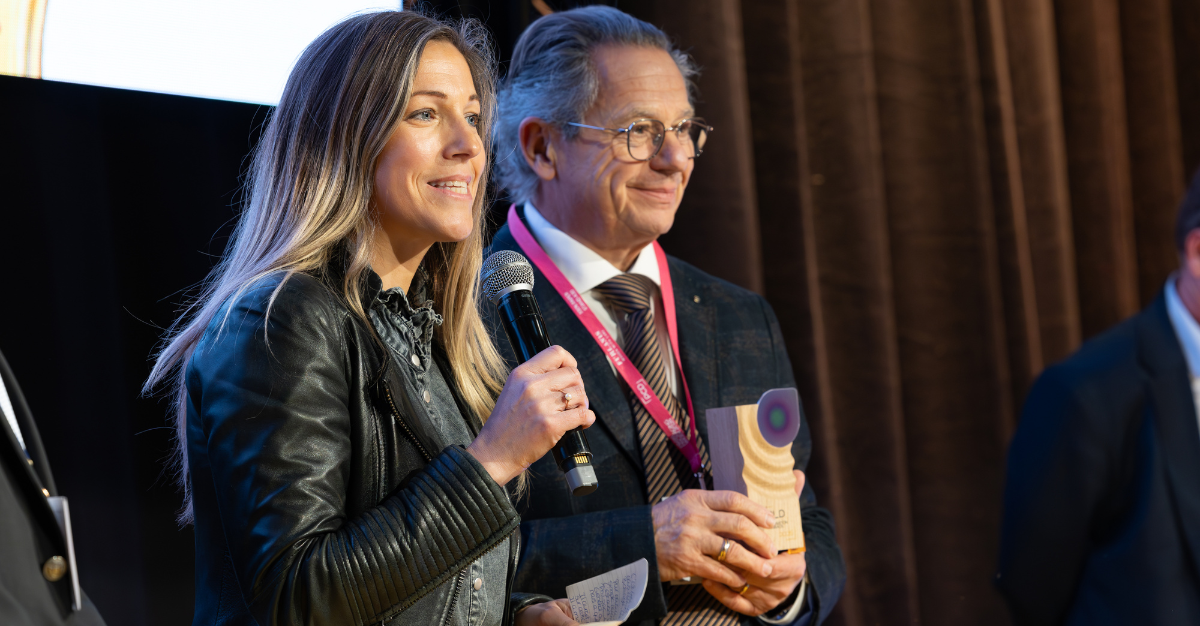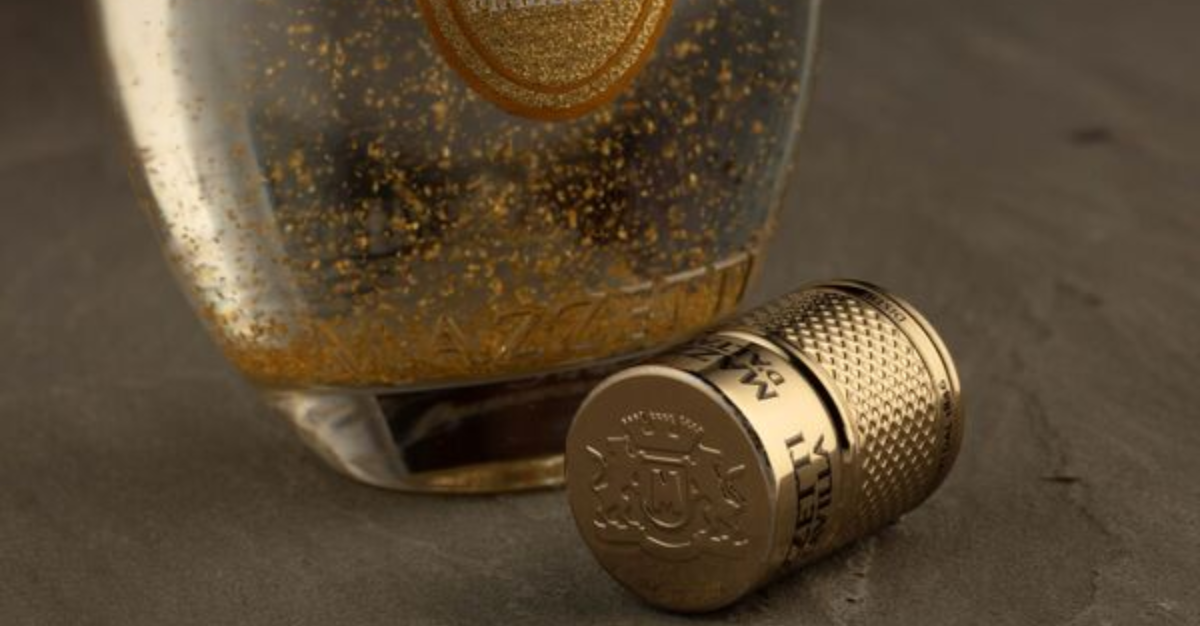Exclusive interview | Truc Phung, Future Leaders 2026
With a PhD in physicochemistry, Truc Phung focuses on understanding and enhancing the functional and environmental performance of biodegradable polymers used in packaging, ensuring they meet both industrial requirements and sustainability goals. Truc is part of the “Future Leaders class of 2026,” as identified by Paris Packaging Week.
Can you introduce yourself?
Truc Phung – I am a physicochemist in the field of food packaging. I’m currently involved in the coordination of the French national research project NextFoodPack at the UMR PAM laboratory, Institut Agro Dijon, to develop next-generation sustainable food packaging solutions.
What inspired you to pursue a career in the packaging industry?
Truc Phung – Witnessing the significant environmental impacts caused by conventional packaging materials, particularly plastics, I realized that I could contribute my knowledge to make a difference. The challenge of balancing performance with environmental responsibility motivates me every day. I want to be part of the movement that transforms packaging from a major source of waste into a model of innovation, where materials are renewable, recoverable, and designed with their entire lifecycle in mind.
What is one of the biggest challenges you’ve faced as a young leader in the packaging industry?
Truc Phung – The packaging world is full of innovation, but it’s also bound by supply chain constraints, cost pressures, and legacy infrastructure. It’s not easy to propose a new material into the market when scalability and regulation stand in the way.
What I’ve learned, though, is that progress doesn’t always happen in giant leaps. We can’t change the world overnight. Sometimes it’s through persistence, collaboration, and small, well-executed steps that gradually shift the industry forward.
If you could change one misconception about packaging, what would it be?
Truc Phung – That “sustainable packaging” simply means using recyclable materials. Many people (and even companies) assume that if a package is labelled recyclable, it’s automatically sustainable. But sustainability in packaging is far more complex. It involves the entire lifecycle: material sourcing, manufacturing energy, transportation efficiency, product protection, consumer use, and end-of-life management. In short, sustainability isn’t just about recyclability; it’s about responsibility over the whole system.
This year marks 25 years of Paris Packaging Week. What legacy do you hope this new generation of Future Leaders will leave behind for the next 25 years?
Truc Phung – I hope this new generation of Future Leaders leaves behind a legacy of innovation that redefines packaging as a force for both progress and responsibility. In the next 25 years, I’d like to see packaging evolve beyond its functional and aesthetic roles to become a true symbol of circularity, transparency, and human connection. Our legacy should be creating packaging that protects more than just products; it protects the future.
What advice would you give to young professionals who are just starting their careers in packaging?
Truc Phung – Just be like a cat, be curious, keep experimenting, and never stop questioning ‘why’, because it’s how innovations work. Strongly believe in what you are doing!
Packaging sits at the crossroads of design, science, sustainability, and consumer behaviour. It’s the field where creativity and responsibility truly intersect. Learn as much as you can from every discipline around you: materials science, branding, manufacturing, logistics, and even psychology. The more you understand the full system, the more impact your ideas can have. Don’t be afraid to challenge conventions. The future of packaging depends on those who dare to rethink what’s possible, whether that’s through new bio-based materials, smarter refill systems, or circular design thinking.
